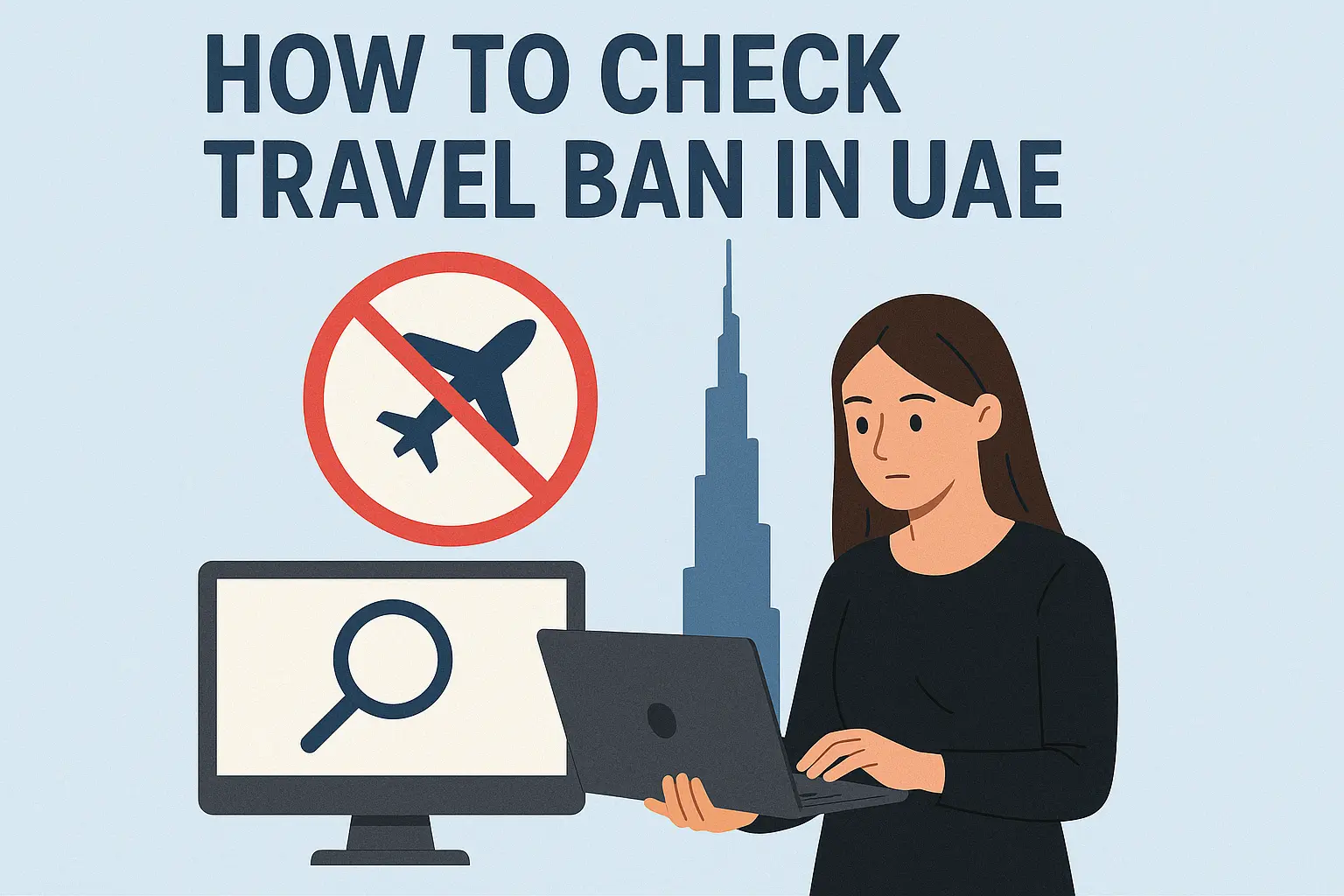Arranging a trip overseas to any destination is exciting, but it’s particularly so if you’re planning to visit vibrant Dubai and indeed, the UAE in general. As one of the world’s top tourism holiday hotspots, this desert destination offers so much to solo travelers, couples, honeymooners and families alike.
The critical thing to first ascertain is whether you need a visa to visit, and this is dependent on your country of citizenship. Most passport holders are eligible for a visa on arrival free of charge, however, others may need to apply for and secure a visa in their passport beforehand.
How Can I Find Out If I Need A Visit Visa For Dubai And The UAE?
Not everyone requires a visa to visit the UAE and depending on your citizenship, you may be eligible for a visa on arrival. There are many sources of check available but a good reference point is the official Visit Dubai website. Under the FAQs section, you’ll find a country checker which states the status of your particular country.
I Need A Visa To Enter The UAE, How Can I Get One?
If you require a visa to enter Dubai and the UAE, you can apply via approved airlines, hotels, travel agencies or tour operators. You can also be sponsored by a UAE resident or company.
It is important to select and secure the correct visa for the purpose of your visit. If it is for job-seeking, investment etc then there are specific visas for these and you should ensure you hold the correct one before entering Dubai or the UAE in general.
What Type Of Visit Visas Are There For Dubai And The UAE?
There are four types of tourist visa:
- Type 1: Short-term tourist visa valid for a single entry, and a stay of up to 30 days from the date of entry and not extendable, with a fee of 250 AED.
- Type 2: Short-term tourist visa valid for multiple entries, good for 30 days from the date of entry and not extendable, with a fee of 690 AED.
- Type 3: Long-term tourist visa, single entry, valid for 90 days from the date of entry and not extendable, with a fee of 600 AED.
- Type 4: Long-term tourist visa multiple entries, valid for 90 days from the date of entry and not extendable, with a fee of 1740 AED.
What Happens If I Stay Longer Than Planned?
It’s important to note that overstaying in the UAE passed the date of visa validity is an immigration infraction and as such attracts penalties, the least of which is a fine. Correct as of January 2023, the scale of charges for such overstaying fines is set at 100 AED per day plus 200 AED for an out pass charged on exit.
If the period of overstay is less than 30 days, you can pay either at the Immigration Counter at one of the UAE’s airports while exiting the country or at the General Directorate of Residency and Foreign Affairs in D HQ. in case if it is more than 30 days, you can pay only at GDRFA-D HQ.
Do I Need To Consider Anything Else?
Aside from the visa, you should ensure that the passport itself in which the visa will be stamped, has at least six months left to run before expiry. Anything less may see you refused entry to the UAE.
Another thing to consider is travel insurance. The UAE requires all visitors to have some form of travel insurance to cover their medical expenses whilst they are in the country. Of course, travel insurance offers much more than that, and can also protect you against delayed or cancelled departures, lost baggage, loss of money, personal accident, damage to or loss of personal effects including your passport and essential travel documentation, and more. Policies are available for both individuals and families on either single trip or annual variations, and readily available to purchase online, with policy documentation delivered to your email. Cover is both instant and affordable so travel insurance should be one of the first things you pack for any trip!







